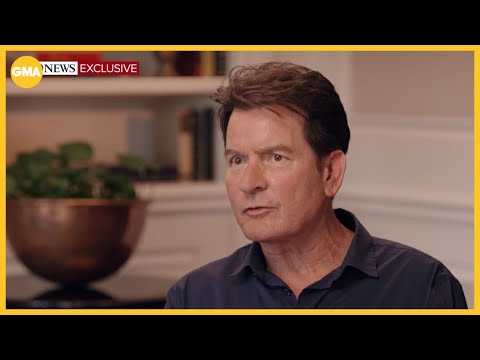Martin Sheen, former TV president, lobbies Congress on drug courts
Actor Martin Sheen, who portrayed a president on television and is the father of admitted drug user Charlie Sheen, testified before a Senate subcommittee on Tuesday to ask Congress for continued support of drug courts, an alternative criminal justice program.
A drug court is a special docket that addresses the cases of nonviolent drug offenders. Members participate in substance abuse treatment programs – usually for at least one year – and are subject to random drug testing. There are currently more than 2,500 drug courts across the country, treating more than 120,000 Americans.
Drug court advocates contend that the courts help reduce recidivism, reducing the number of people in prison and returning law-abiding, tax-paying citizens to society. Drug court participants reported 25% less criminal activity and had 16% fewer arrests than comparable offenders not enrolled in drug courts, according to a Justice Department study.
“It’s a deeply personal [issue],” Sheen told reporters after the congressional hearing, adding that “it’s no secret I’ve been through a 12-step program.”
Sheen quickly reminded lawmakers that he’s no expert on the subject.
“Celebrity, to a greater or lesser degree, is often confused for credibility. For instance, I am not a former president of the United States,” Sheen said in his opening remarks, a reference to his role as President Jed Bartlet on the Emmy award-winning television show “The West Wing.” Sheen is also well-known for his critically acclaimed role in “Apocalypse Now,” a 1979 film about the war in Vietnam.
Despite his amateur political status, Sheen noted that he helped create a drug court in Berkeley in 1996. Graduates from that drug court helped establish sober-living houses in the area. Since then, he’s been an advocate for drug courts because “it is an extension of my work with the peace and social justice community,” he said.
The hearing was called by Sen. Sheldon Whitehouse (D-R.I.), who chairs the Judiciary Committee’s crime and terrorism subcommittee.
Earlier Tuesday, Sheen joined fellow actor Matthew Perry and more than a dozen members of Congress to address hundreds of people in a rally in support of drug courts.
The advocates, holding up signs that said “Drug Courts $ave Lives,” pressed lawmakers to commit a minimum of $88.7 million in the 2012 budget toward drug courts, noting that the courts offer a significant return on investment. Every dollar spent on drug courts yields an average of $2 in savings for the criminal justice system.
Beyond the dollars and cents, drug courts have helped reclaim the lives of many who had succumbed to drug addiction.
“You have no idea how … far that money really does go,” one drug court graduate said at the rally.
Others charge that with a soaring national debt, drug courts should be funded by states.
“With out-of-control spending and surging public debt threatening our nation’s stability, increased federal funding of state and local courts should not be a priority,” David Muhlhausen, research fellow at the conservative Heritage Foundation, said before the subcommittee.

